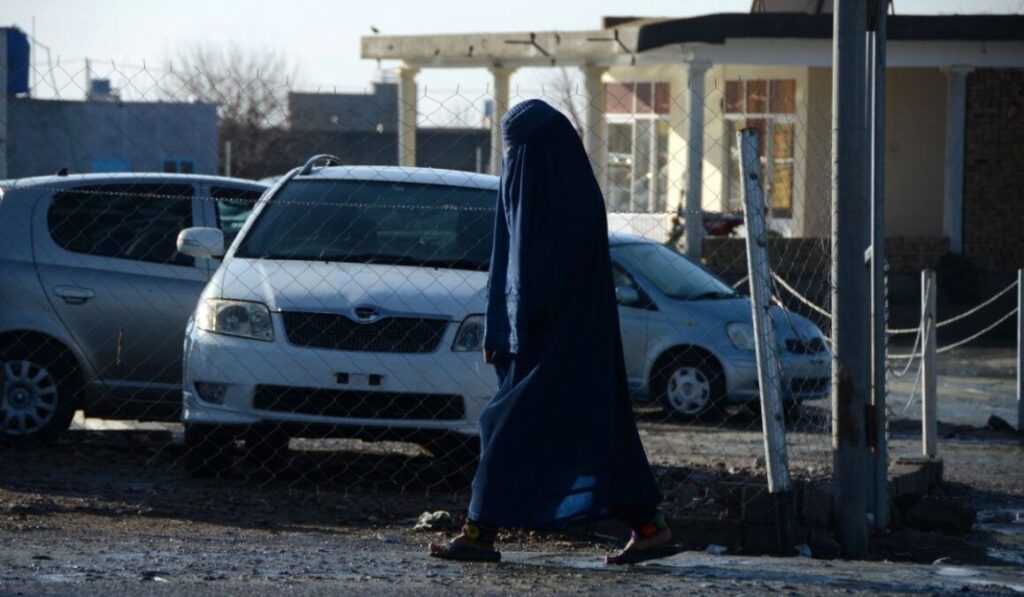KABUL, Afghanistan — A coalition of six countries — Chile, Spain, France, Costa Rica, Mexico, and Luxembourg — has referred the Taliban’s systematic human rights violations to the International Criminal Court (ICC), a move hailed by human rights activists as a critical step toward accountability.
The Union of Human Rights Activists praised the referral as a long-overdue measure to hold the Taliban accountable for policies they say amount to crimes against humanity.
“It is time for the Taliban to answer for their actions,” the Taliban said in a statement. “Expecting the Taliban to adhere to global conventions is a futile illusion. Justice demands an investigation and prosecution of the Taliban’s leaders for their systematic violations of human rights, particularly the rights of women and girls.”
A voice for Afghanistan’s women
The statement highlighted the significance of this referral for Afghan women, who have faced escalating restrictions since the Taliban regained power in August 2021.
“Human rights activists welcome this initiative as an important step in amplifying the voices of Afghanistan’s suffering women,” the group said.
Women’s rights advocates have long argued that the Taliban’s actions constitute a systematic denial of fundamental freedoms, with widespread bans on education, employment, and movement for women.
A human rights activist, speaking anonymously to Amu, said: “Over three years, the Taliban have systematically stripped Afghan women of their basic rights. These actions are crimes against humanity, and holding the perpetrators accountable is essential.”
Voices from Kabul
The referral has sparked hope among Afghan women, many of whom have endured relentless restrictions.
“In Afghanistan, we have lost the right to education, work, and even the right to live freely,” said Yalda, a resident of Kabul. “We call on all countries to support this case so that the Taliban can be brought to justice.”
Nazanin, another Kabul resident, described the daily struggles under Taliban rule. “Even when we leave the house, we are interrogated for not having a male guardian. Where are we supposed to find a male companion at all times? We need to go out for basic necessities.”
This referral follows similar announcements by Germany, Australia, the Netherlands, and Canada, which have also called for international legal action against the Taliban for their ongoing violations of women’s rights.
While the Taliban have dismissed these actions as premature, activists and survivors argue that international accountability is critical to addressing the suffering of Afghan women and ensuring that the Taliban face consequences for their policies.
“This is a pivotal moment,” said one advocate. “The world must act decisively to protect the rights of Afghan women and hold the Taliban accountable for their crimes.”





